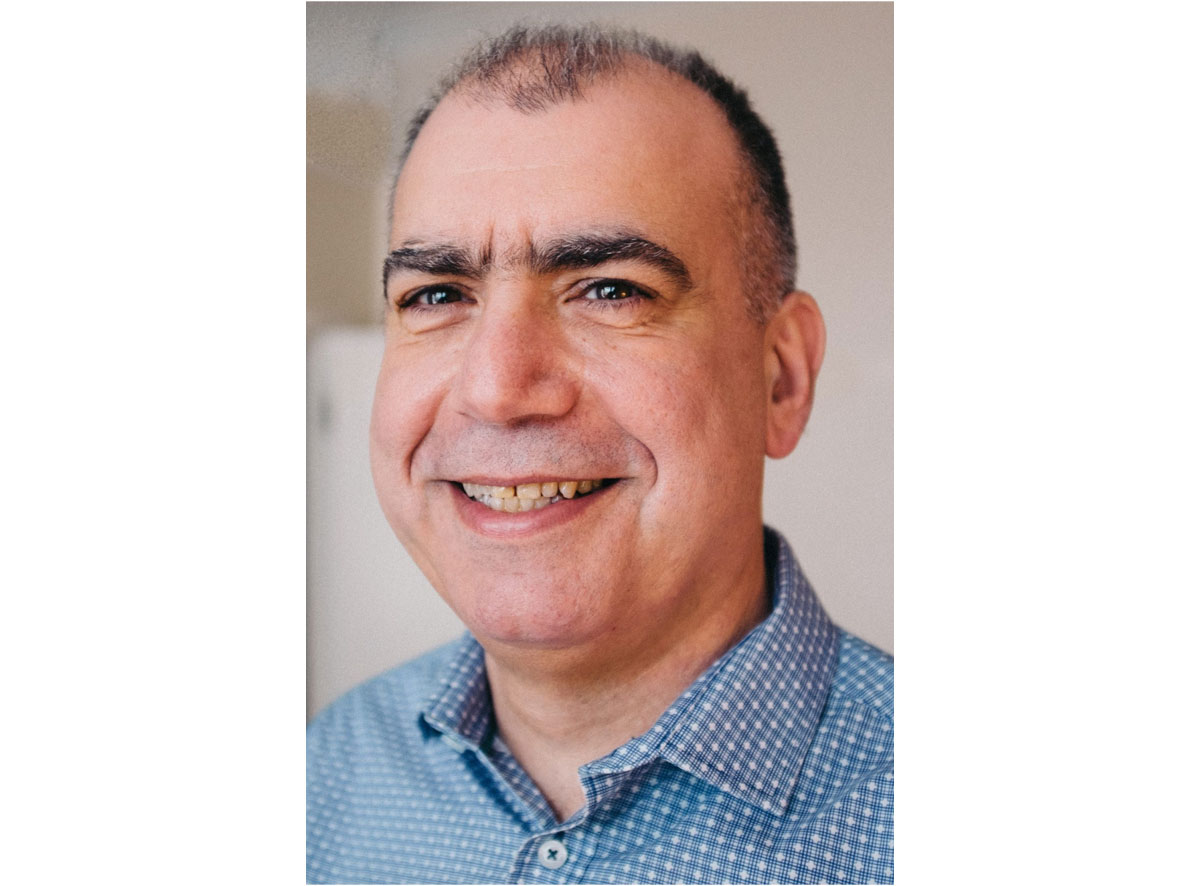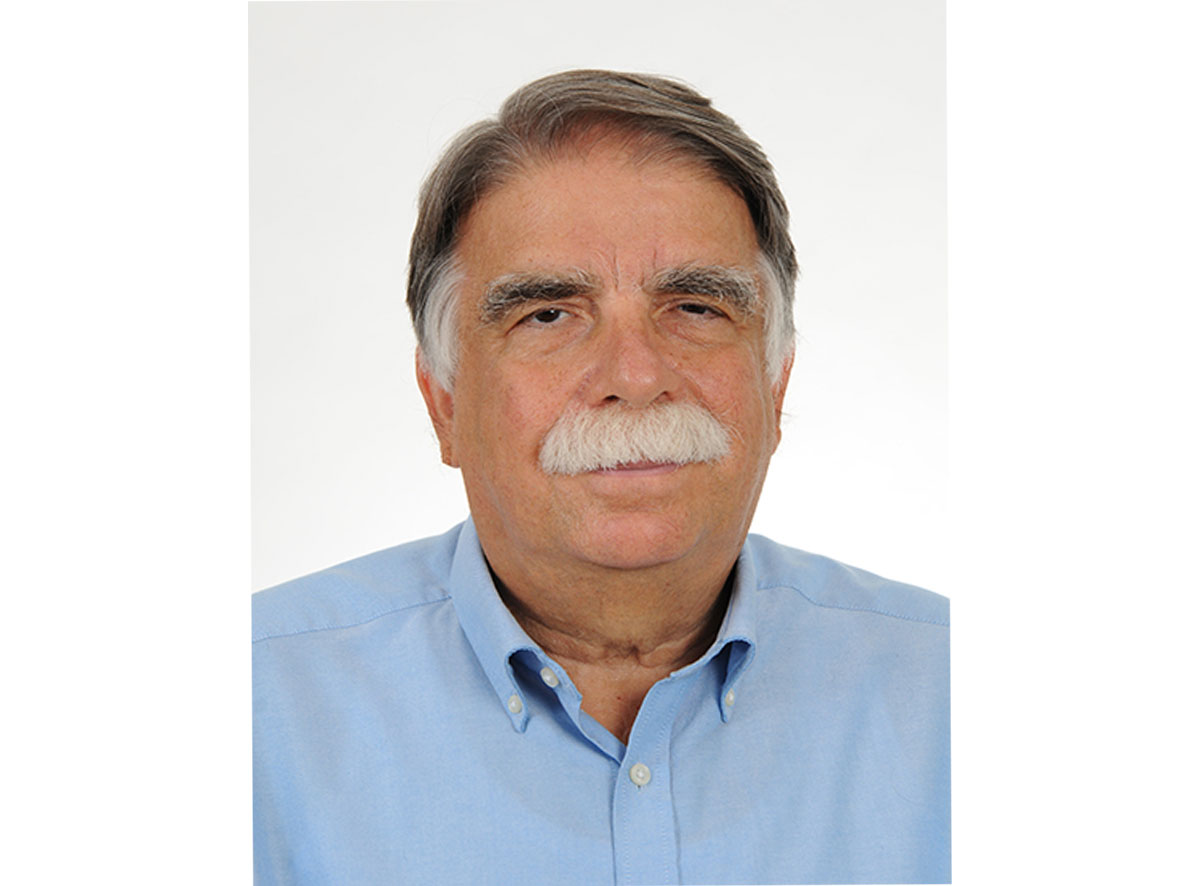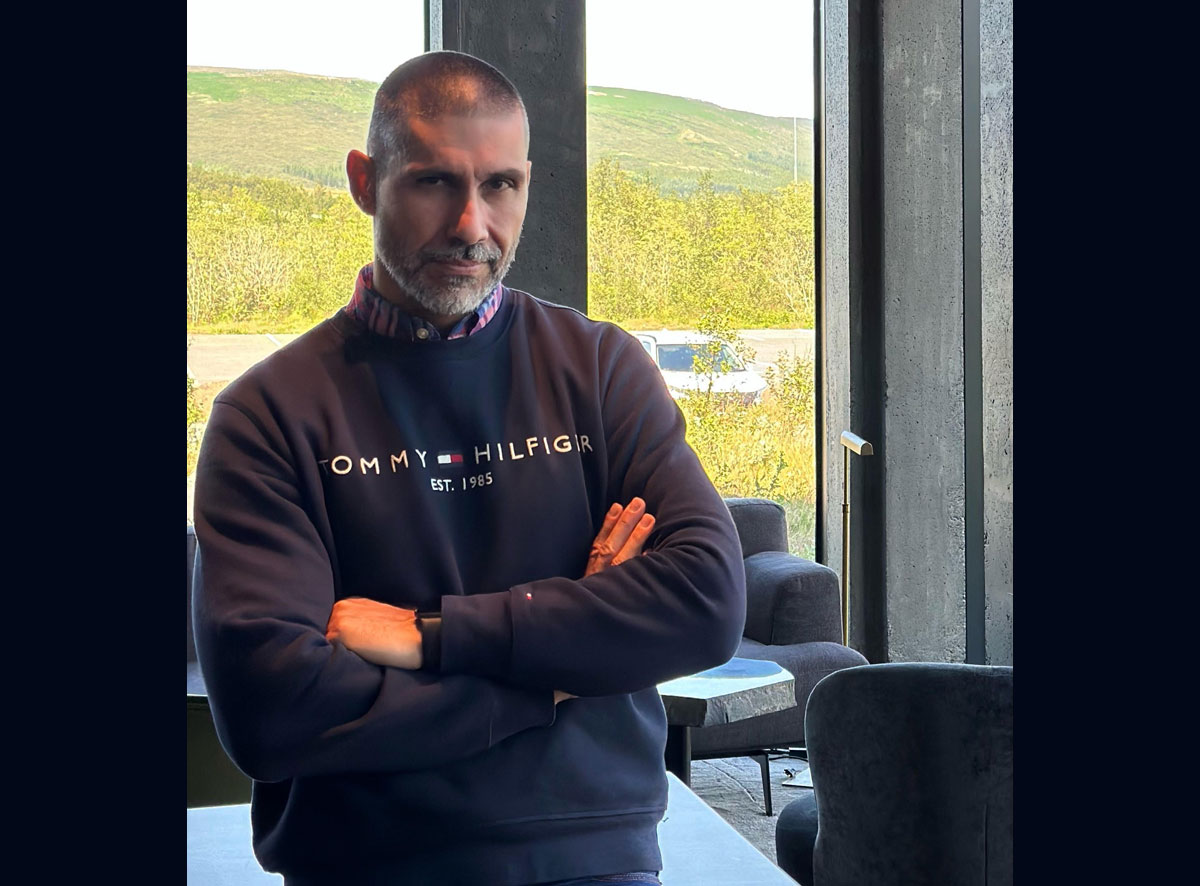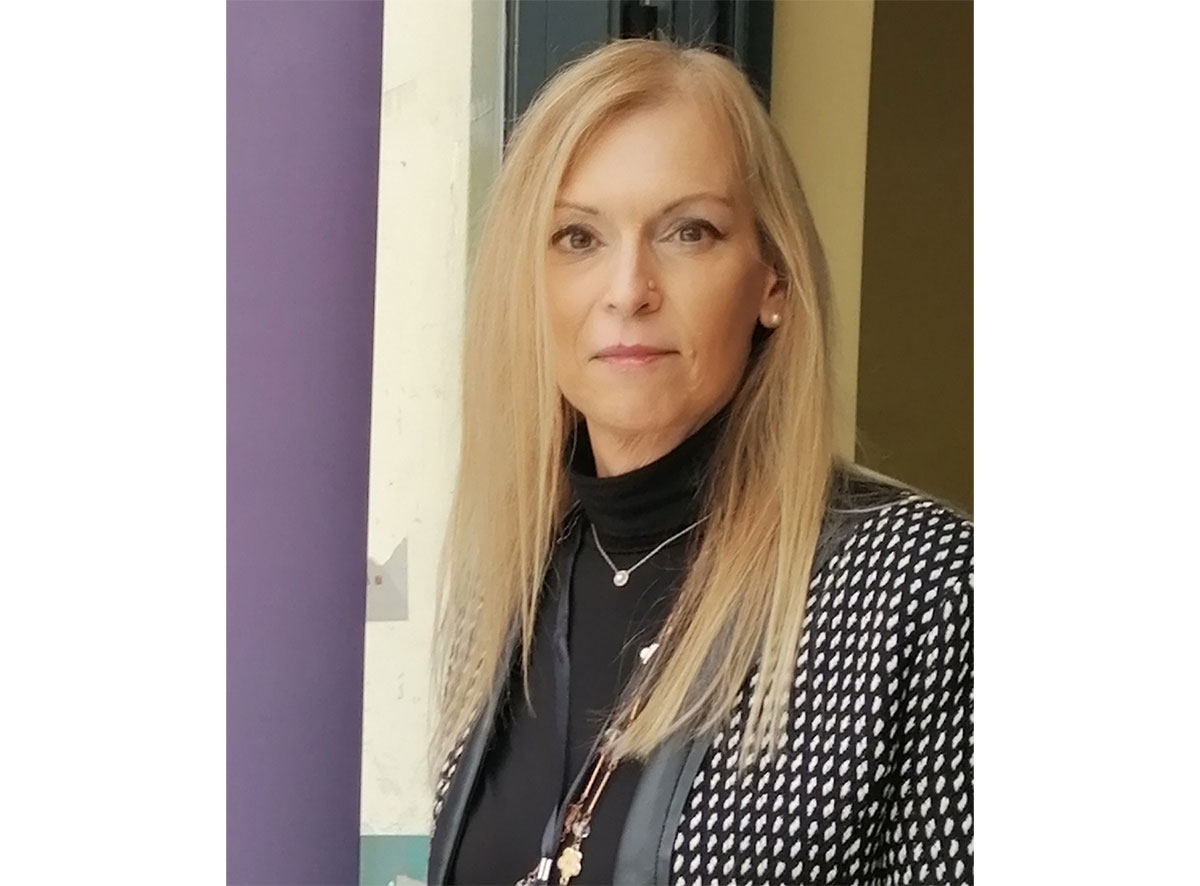Eleni Gelastopoulou – What COVID-19 Taught Us About One Health
Eleni Gelastopoulou – What COVID-19 Taught Us About One Health
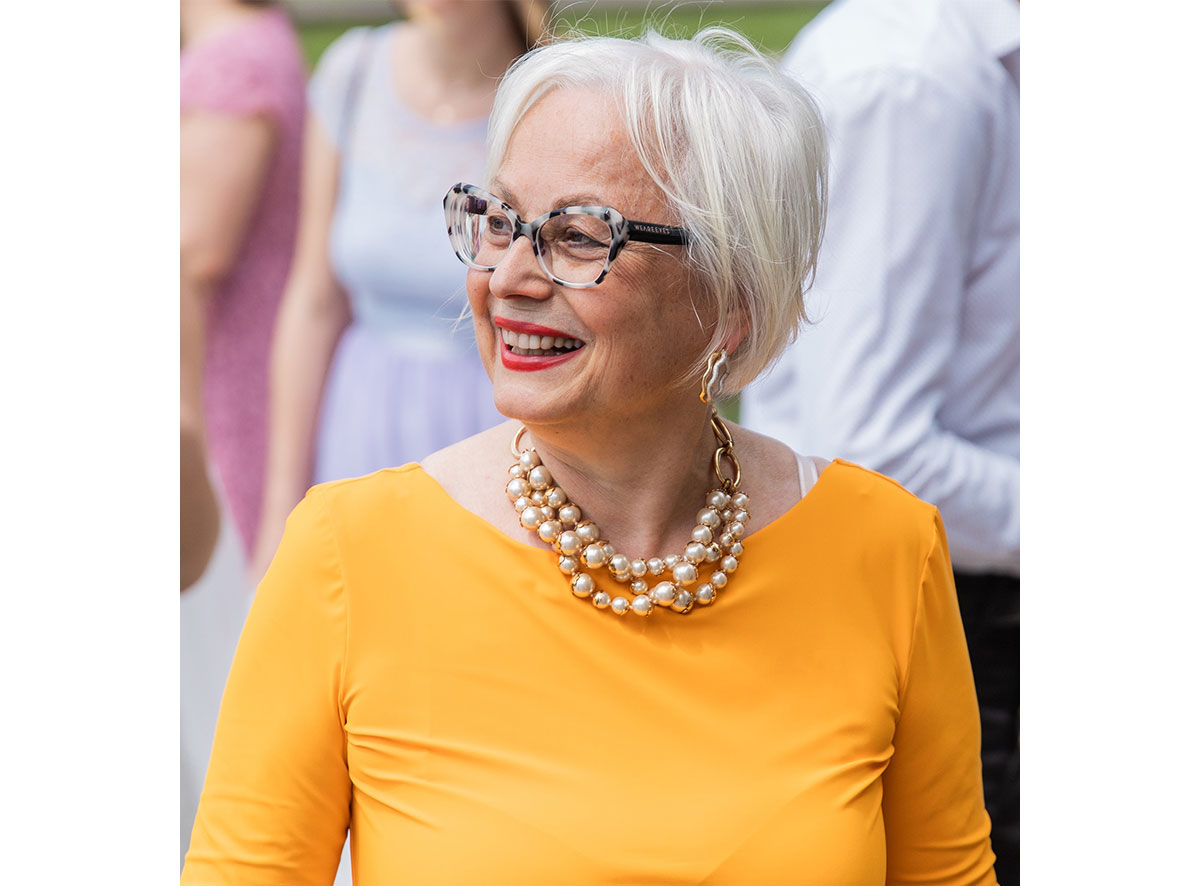
The experience of the COVID-19 pandemic highlighted how interconnected human, animal, and ecosystem health issues are, and how essential interdisciplinary collaboration is for protecting public health. This is emphasized in an interview with Eleni Gelastopoulou, Associate Professor at the Laboratory of Public Health of the Medical School of the University of Patras, Greece.
Dr. Gelastopoulou is also a member of the Scientific Council of the Mediterranean One Health Innovation Center (MED-OHC).
The Interview:
Q: What exactly does One Health mean?
A: When we talk about One Health, we are essentially referring to a holistic approach that considers health as a set of interconnected factors. It does not focus solely on human health in isolation but takes into account the close relationship between humans, animals, and the environment. In practice, this means collaboration between various scientific fields such as Medicine, Veterinary Science, Ecology, and Public Health, aiming at the prevention and effective management of health and environmental threats.
The core principle of One Health is that human health cannot be safeguarded without protecting the environment and animal health. All these elements are inextricably linked, and only through collaboration can we ensure the well-being of all living organisms and the planet as a whole.
Q: On a practical level, in our daily lives, how does One Health contribute to the promotion and protection of Public Health?
A: As I have already mentioned, when we talk about One Health in everyday life, we are essentially referring to a more holistic approach to public health. It does not concern only humans but also the environment around us, animals, plants, and ecosystems in general.
All these elements are interconnected, meaning that protecting the natural and animal environment is directly linked to promoting public health. For example, preventing diseases that are transmitted from animals to humans, ensuring the quality of water and food, or addressing environmental pollution are issues that directly impact population health.
All these factors demonstrate that by protecting the whole, we also protect the individual. This is the essence of One Health—a perspective that sees the bigger picture and makes a substantial contribution to the promotion and protection of public health.
Q: How crucial is the role of One Health in tackling pandemic threats like the one the world recently experienced, as well as other threats such as the Food and Climate Crisis?
A: The role of One Health in addressing global crises such as pandemics, as well as in mitigating threats like food insecurity and climate change, is truly critical.
The COVID-19 pandemic experience highlighted how interrelated these issues are and how necessary interdisciplinary collaboration is for public health protection. One Health provides a framework that enables the early detection of new pathogens by monitoring both human and animal populations.
At the same time, it promotes preventive strategies, such as animal vaccinations, which can reduce the risk of disease transmission to humans. Additionally, issues related to food security and climate change can be addressed through the One Health approach by protecting crops, preserving biodiversity, and ensuring the sustainable management of natural resources.
Q: How can an active citizen become informed and contribute to promoting the objectives of One Health?
A: I would say that an active citizen can make a significant contribution to promoting the goals of One Health, and this begins with understanding the deep connection between the health of all living organisms and the environment as a whole.
This can be achieved through participation in educational programs, lectures, or interactive workshops that provide practical knowledge and encourage initiative-taking. A particularly interesting aspect of citizen participation is what we call Citizen Science.
This refers to initiatives where citizens actively participate in research processes, such as collecting data for environmental monitoring or identifying potential public health risks. It is a way to leverage the collective power of society to enhance scientific knowledge and, ultimately, to address threats related to One Health in a timely manner.
Q: Is One Health an additional tool for all of us in mitigating the consequences of the Climate Crisis and achieving the Sustainable Development Goals?
A: One Health is undoubtedly a crucial tool for mitigating the effects of the climate crisis and achieving the Sustainable Development Goals.
The reason is simple yet significant, and I will reiterate it: One Health is based on a holistic approach that recognizes the close connection between human health, animal health, ecosystems and the environment as a whole.
The truth is that the climate crisis does not only affect the environment but also our health, food security, and the stability of ecosystems. This is precisely where One Health plays a crucial role, as it unites efforts from different sectors, creating a framework of interdisciplinary collaboration that can identify, prevent, and address the impacts of these challenges more effectively and contribute to achieving the Sustainable Development Goals.
About Dr. Eleni Gelastopoulou
Dr. Eleni Gelastopoulou is an Associate Professor at the Laboratory of Hygiene of the Medical School of the University of Patras. She has many years of teaching and educational experience at both undergraduate and postgraduate levels in the fields of Epidemiology, Public Health, Mental Health, and Health Systems.
She also has extensive research experience, actively participating in ongoing research programs. Since 2007, Dr. Gelastopoulou has served as the General Secretary of the Medical Society of Western Greece – Peloponnisos.
She is a member of the Editorial Board of the journal Achaiki Iatriki and participates in various committees at the University of Patras. Additionally, she has served as a member, vice president, and president of numerous scientific and organizational conference committees.

